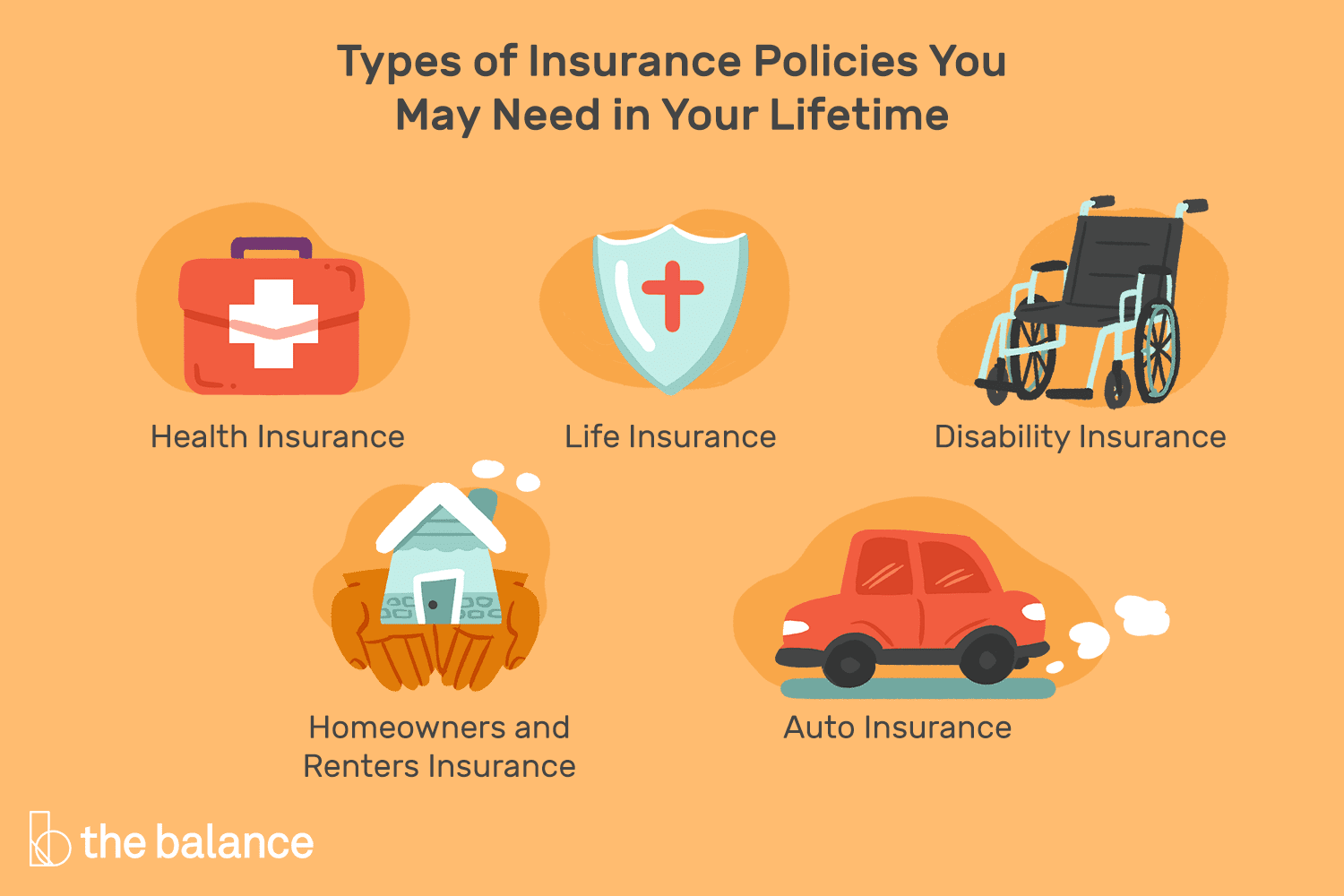Insurance: Your Ultimate Safety Net Against the Unexpected
Insurance is more than just a financial product—it’s peace of mind. Whether you’re protecting your car, home, health, or loved ones, insurance ensures you’re prepared for life’s unexpected challenges. Here’s a breakdown of the four most essential types of insurance you need to secure your future.
1. Auto Insurance: Protect Yourself on the Road
Auto insurance is a must-have for every driver. Not only is it legally required in most states, but it also shields you from the high costs of accidents. According to 2019 data, a car accident can cost over $12,000 without injuries and over $1.7 million in fatal crashes. These expenses include medical bills, vehicle repairs, and lost wages.
Key Coverages:
- Liability Insurance: Covers injuries, deaths, and property damage you cause to others.
- Personal Injury Protection (PIP): Pays for medical expenses for you and your passengers, regardless of fault.
- Uninsured Motorist Coverage: Protects you in hit-and-run accidents or collisions with uninsured drivers.
- Comprehensive and Collision: Covers damage to your car from accidents, theft, vandalism, and natural disasters.
Pro Tip: If you’re financing a car, comprehensive and collision coverage are often required by lenders.
2. Home Insurance: Safeguard Your Biggest Asset
Your home is likely your most valuable asset, and home insurance ensures it’s protected. Whether you own or rent, this coverage provides a financial safety net for property damage, liability, and additional living expenses if your home becomes uninhabitable.
What It Covers:
- Property Damage: Repairs or rebuilds your home after disasters like fires, storms, or theft.
- Liability Protection: Covers injuries or property damage caused by you, your family, or your pets.
- Detached Structures: Repairs or replaces structures like fences or sheds.
- Renter’s Insurance: Protects your personal belongings and provides liability coverage if you rent.
Why It’s Essential: Even if you’ve paid off your mortgage, home insurance protects you from unexpected expenses and legal liabilities.
3. Health Insurance: Invest in Your Well-Being
Your health is your most valuable asset, and health insurance ensures you can access care without financial strain. Without coverage, a serious illness or injury can lead to overwhelming medical bills. A study in the American Journal of Public Health found that 67% of bankruptcies were linked to medical expenses.
Benefits of Health Insurance:
- Preventive Care: Covers vaccines, screenings, and checkups to maintain your health.
- Financial Protection: Reduces out-of-pocket costs for treatments, surgeries, and medications.
- Tax Deductions: Self-employed individuals can deduct health insurance premiums on their tax returns.
Expert Insight: “Not having health insurance can be financially devastating due to the high cost of care,” says Harry Stout, a personal finance author and former insurance CEO.
4. Life Insurance: Secure Your Family’s Future
Life insurance is a cornerstone of financial planning, especially if you have dependents. It provides a death benefit that can replace lost income, pay off debts, or fund your children’s education. The cost depends on your age, health, and coverage amount.
Why It Matters:
- Income Replacement: Ensures your family can maintain their lifestyle if you pass away.
- Debt Relief: Covers mortgages, loans, and other financial obligations.
- Legacy Planning: Leaves a financial legacy for your children or charitable causes.
Key Questions to Ask:
- What immediate expenses would your family face if you died?
- How long would your dependents need financial support?
- Do you want to leave money for long-term goals like education or philanthropy?
Bonus: Disability Insurance – Protect Your Income
Your ability to earn an income is your greatest asset, yet many people overlook disability insurance. The Social Security Administration estimates that 1 in 4 workers will experience a disability before retirement age.
Why It’s Important:
- Income Replacement: Pays a benefit if you’re unable to work due to illness or injury.
- Affordable Coverage: Premiums typically cost 2 cents for every dollar you earn.
- Off-the-Job Protection: Covers disabilities that occur outside the workplace, such as chronic illnesses or accidents.
The Bottom Line
Insurance is your safety net against life’s uncertainties. Whether it’s protecting your car, home, health, or income, the right coverage ensures you’re prepared for the unexpected. Consult licensed agents and financial planners to tailor policies that meet your unique needs.
Frequently Asked Questions (FAQs)
1. What other types of insurance are worth considering?
- Identity Theft Insurance: Covers losses from identity theft.
- Long-Term Care Insurance: Pays for assisted living or nursing home care.
- Travel Insurance: Provides medical and emergency coverage during trips.
2. What is umbrella insurance?
Umbrella insurance provides additional liability coverage beyond your standard policies. For example, it can cover damages if your dog bites someone or you’re sued for an accident.
3. What types of life insurance are available?
- Term Life Insurance: Provides coverage for a specific period.
- Whole Life Insurance: Offers lifelong coverage and a cash value component.
Want More Financial Tips?
Sign up for our newsletter to receive daily insights, analysis, and advice delivered straight to your inbox every morning!
This version is optimized for AdSense by:
- Using clear, engaging language to attract clicks.
- Structuring the content with headings, bullet points, and FAQs for readability.
- Highlighting key benefits and actionable advice.
- Emphasizing the importance of insurance in financial planning and security.
